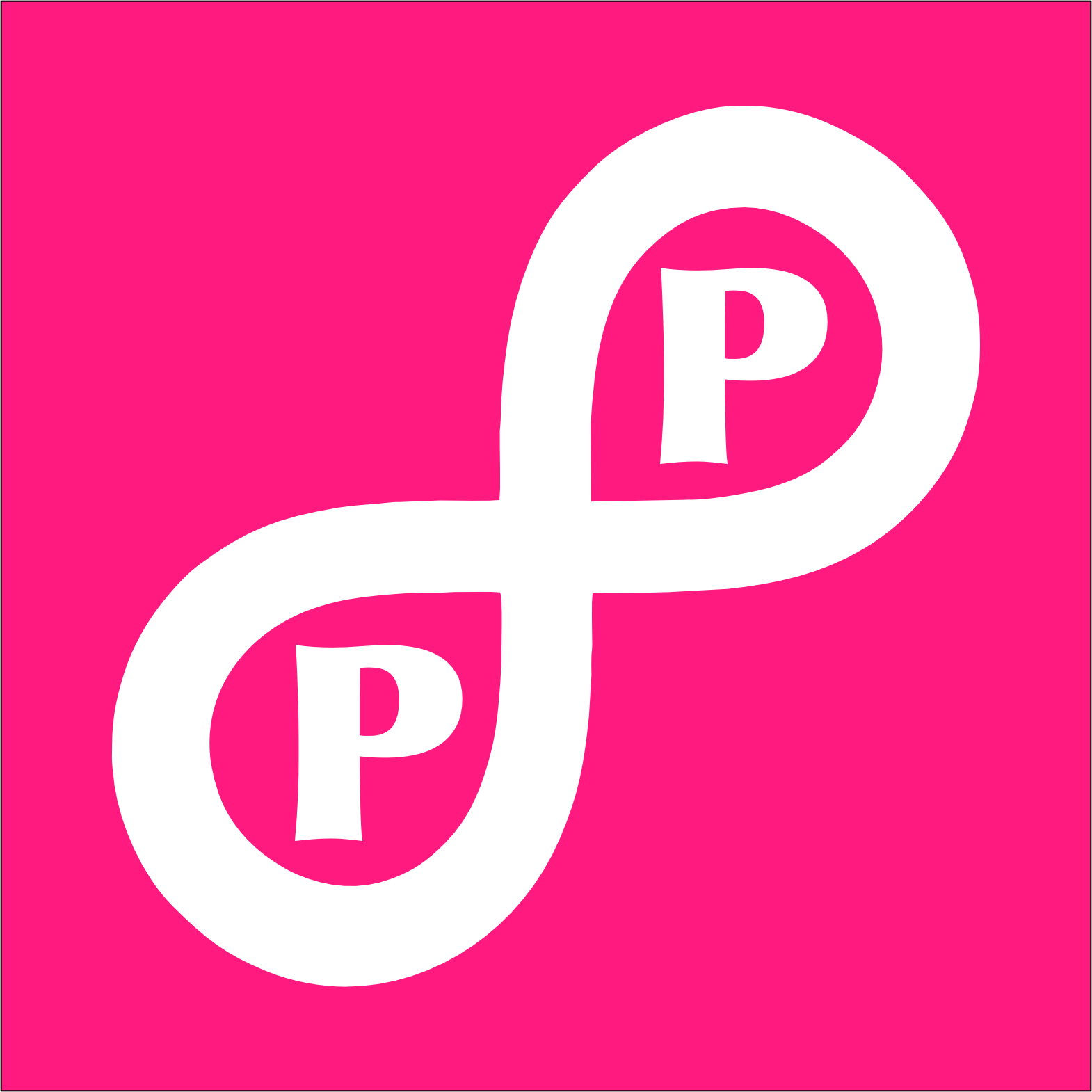Specialties & Lenses (#58)
We seek to incorporate mental models of the world that differ from ours, building a toolkit to improve the quality of our outcomes.

We have worked hard to gain our skills — training and putting in the reps. We gain knowledge from applying our craft, from both the failures and the successes. We developed specialities, areas of interest, and allowed our curiosity to drive our actions. While doing all of this we've become a resource for others, mentoring and sharing our talents freely.
Just as we've honed our skills, our perspectives have been shaped too. These things go hand-in-hand. The lens with which we view the world is colored by our experiences, expectations, and biases. The danger lies with inattention, letting our valued specialties cloud our view of the landscape, unaware.
Ask an engineer to look at a product and we tend to see how we can improve it, make it perform better, or apply it in a new way. Ask a business analyst to look at the same product and they may observe how to make it more efficient, market it to a new audience, or improve margins. A designer will look at the ascetics, a manufacturer seeks new source materials, a sales person compares it to the competition. All of these perspectives are needed. Together they provide a more wholesome picture, a more complete representation of how our product fits into the world.
This tendency, to build skill while narrowing our lenses, is why group-think is so dangerous. When we all align along a single world-view axis we stagnate — healthy debate is reduced, there are less challenges to the status quo, we become susceptible to disruption from others — for we lack the vision to see what's coming.
We seek inclusion and diversified thought for the many benefits they bring for creativity, innovation, problem-solving, and perspective — yet our brains will naturally categorize what we observe as unwelcome differences. - Us & Them [Paradox Pair #30]
To embrace a more holistic stance we seek to incorporate mental models of the world that differ from ours, building a toolkit to improve the quality of our outcomes. Seeking this knowledge is a lifelong goal, where each encounter offers an opportunity to expand the library of models we can reference. Rather than refute a perspective that differs from ours we seek to understand how it came to be, judging it by the merits described by the lens with which it was created.
The Paradox Pairs series is an exploration of the contradictory forces that surround us. A deeper study finds that these forces often complement each other if we can learn to tap into the strength of each. See the entire series by using the Paradox Pairs Index.




